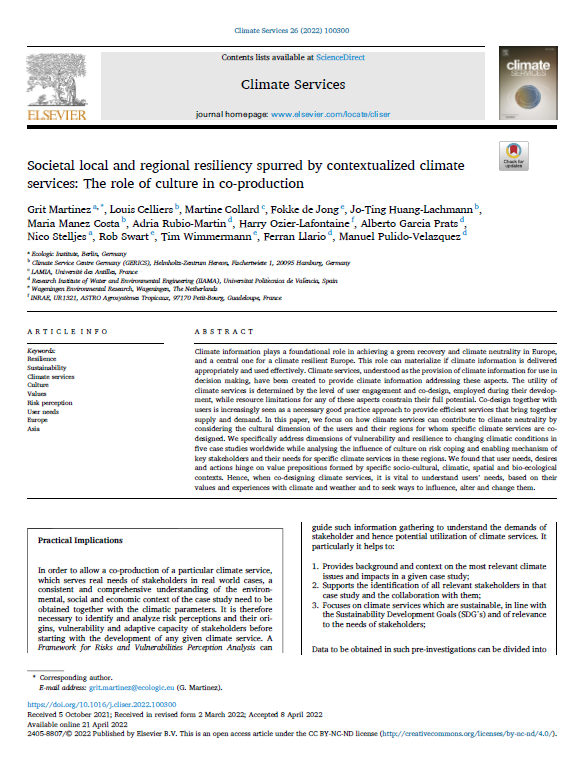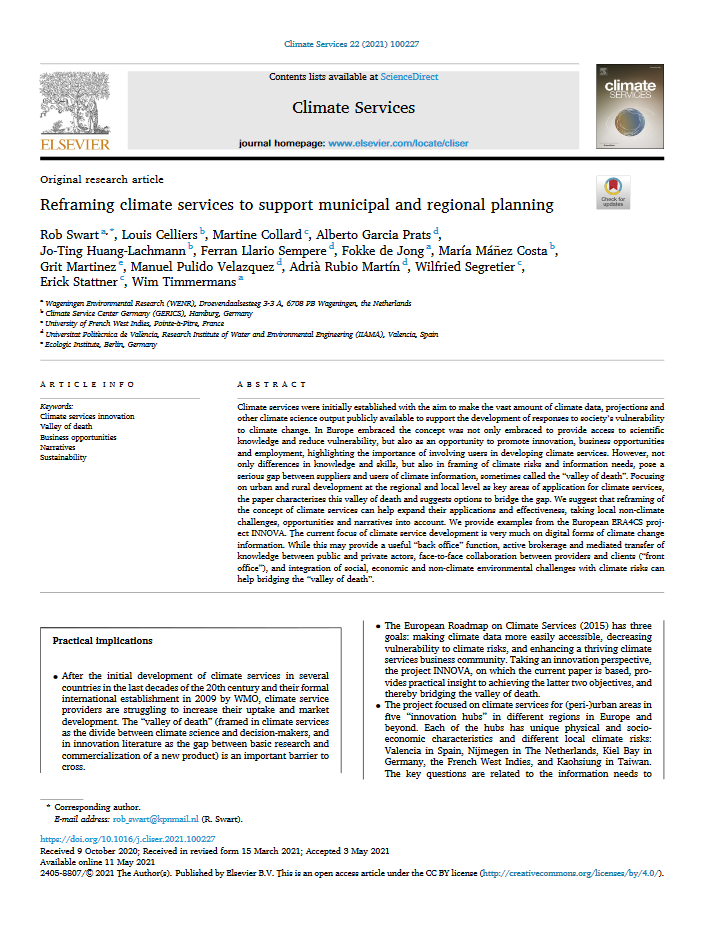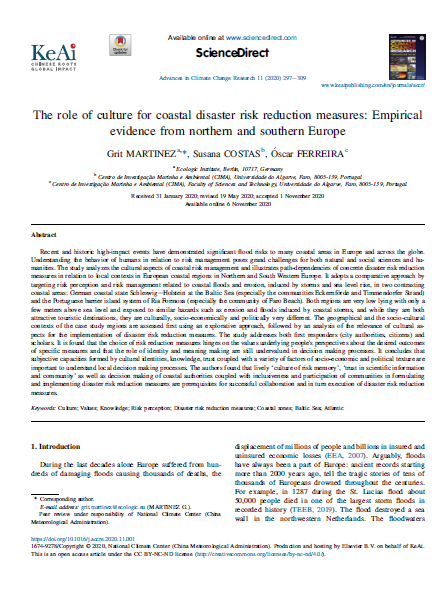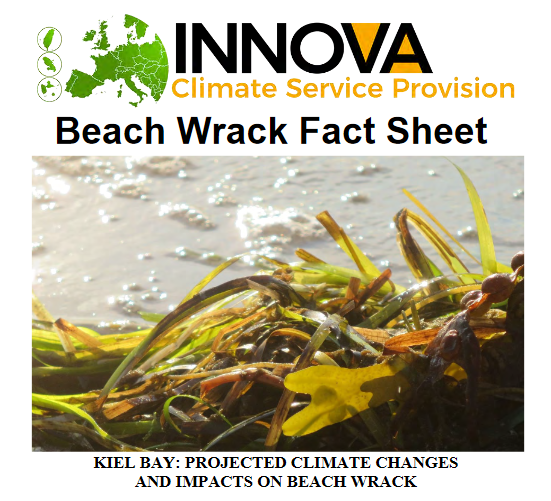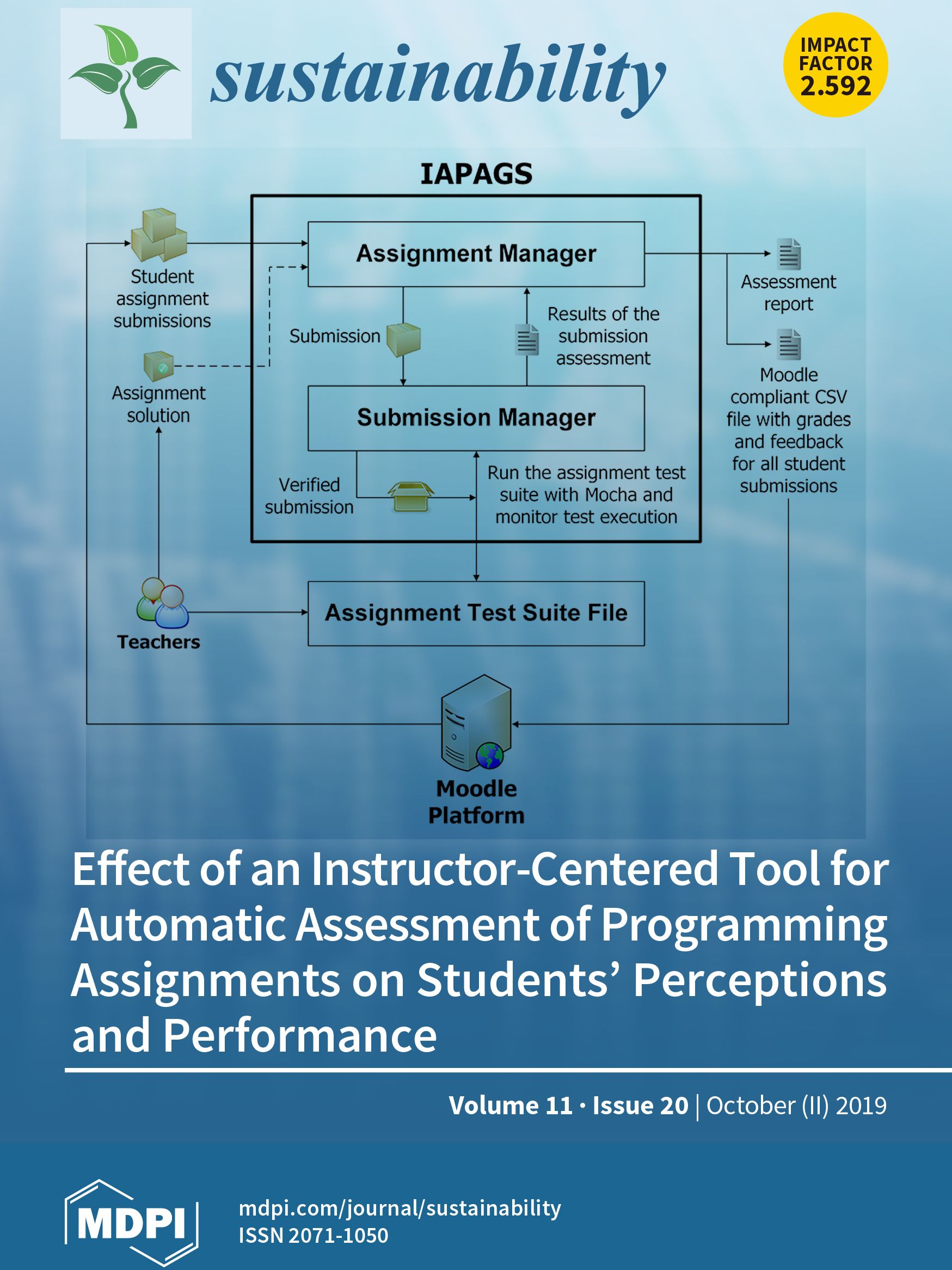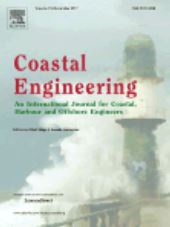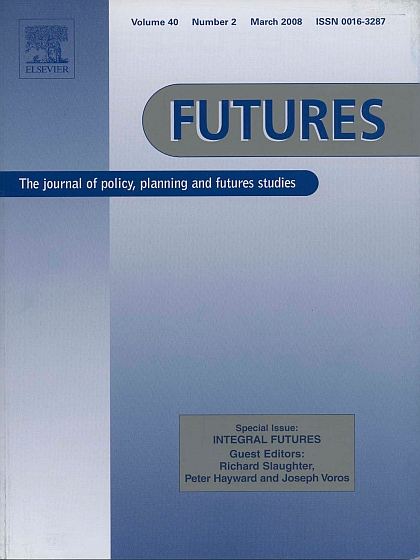On the Way to Demand Driven Climate Services
- Presentation
- Date
-
- Location
- Pune, India
- Speech
The concept of climate services is rapidly climbing research-funding agendas word-wide. Initially climate services focused on improving access to climate data but have since evolved into user informed activities. Still, there is some way to go to make climate services not only usable but also useful for regional and local decision maker. Paying attention to this matter, the sixth International Climate Service Conference in Pune, India focused among others on the architecture of user participation, contextualization of climate services and ethical question on its provision. Dr. Grit Martinez of Ecologic Institute presented the Institute's recent research results from the European research project Innovation in Climate Service Provision.
The history of climate services is analog to that of weather services, starting from an observation-based emphasis and expanding to predictive services provided by meteorologists. Partly because of limited effectiveness, the focus of climate services changed to a more user-centered approach. The Climate Service Roadmap of the EU acknowledges climate services to cover the transformation of climate related data together with other relevant information into customized products. In other words climate services are expected to increase information and knowledge base of decision maker about climatic conditions while supporting adaptation, mitigation, disaster risk management and resiliency.
In recognition of this development, keynotes, presentations and workshops during the 6th International Climate Service Conference in Pune (India) focused on latest evidence of practice-oriented research of climate services and societal contexts surrounding decision maker’s needs. In his opening words, NOAA senior scientist Dr. Rodger Pulwarty acknowledged the need of more user driven climate service research, which recognizes the networks in which decision makers operate and what their agendas of co-producing climate services are. He also stressed the importance of understanding culturally contested values of decision makers and whether or not they see themselves being able to make change. Despite recent efforts of climate service providers, Pulwarty said that the architecture of user needs and participation are still insufficiently handled and further action oriented research needed.
In her presentation, "Formation of climate services in complex embedded cultural systems" Dr. Grit Martinez reported about Ecologic Institutes latest empirical findings on practical oriented useful climate services. The presentation illustrated dimensions of vulnerability and resilience to changing climatic conditions of decision makers in four regions in Europe: The Dutch city of Nijmegen, the Northern German coastal area of Kiel Bay, the Mediterranean region of Valencian, and the French West Indies islands Guadeloupe and Martinique. She illustrated concrete aspects of climate change risk management in relation to local and regional contexts. Martinez concluded that decision makers needs and actions hinge on the values formed by specific social and spatial contexts underlying their perspectives and that climate related information and climate services must reflect such specific socio-cultural conditions in their respective ecological environments in order of being sustainable and influential to the regions path. She concluded that subjective capacities formed by cultural identities, knowledge, trust, and informal aspects coupled with a variety of factors of socio-economic and political texture are important to understand for the design of climate services. The INNOVA project will run for another six months and will resume with the delivery of specific climate services configuration to the decision makers needs in the above-mentioned regions.



